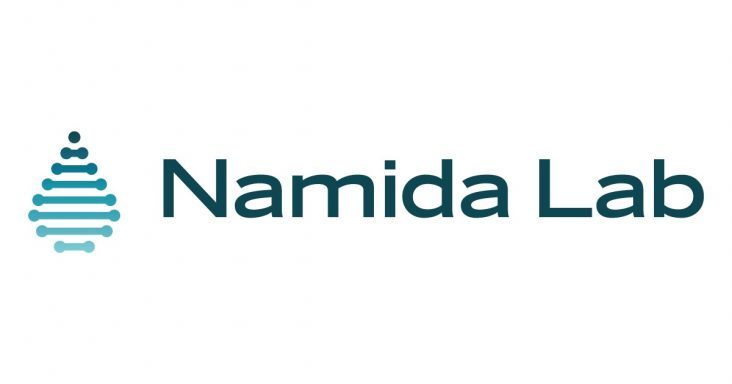Namida Lab seeks tears, clinical trial participants
by October 12, 2021 1:32 pm 908 views

Fayetteville-based biotech company Namida Lab Inc. recently announced a tear donation campaign and clinical trial recruitment site as it develops a tear-based breast cancer screening test.
Namida Lab’s first product, Melody, is a new breast cancer screening test based on protein biomarkers found in tears. Product launch is expected in 2022.
Recently, Namida Lab kicked off its Tears on Tap Tour, a campaign featuring more than 13 area breweries and bars. The lab will cover the cost of one alcoholic beverage for those at least 21 who donate a tear sample.
Lab staff will be at each establishment during the event. Sample collection takes about 5 minutes. The samples will be used for research and development.
“There are so many things scientists can study from tears, but unlike blood samples, tear samples cannot simply be purchased,” said Prashanth Ravishankar, research and development scientist for Namida Lab. “We have to collect them as we need them.”
The Tears on Tap schedule is available online at namidalab.com/news. It’s open to men and women, and the donation goal is 50 per event, said Amber Alsbury, marketing for Namida Lab. According to a sample collection document, lab staff place a Schirmer strip inside a patient’s lower eyelid. The strip remains there for 5 minutes or until the tear fluid reaches a specific mark on the strip. “It’s actually quite simple, quick and painless,” Alsbury said.
According to a news release, Namida Lab also is partnering with Parkhill The Clinic for Women, which has clinics in Bentonville and Fayetteville. It will be a recruitment site for clinical trials for the Melody test.
Dr. Robert Hix and Dr. Paige Partridge, obstetricians and gynecologists at Parkhill, will recruit patients for the study starting in October. The release shows the Melody test is an additional breast cancer screening option and not intended to replace mammogram screening. Namida Lab is paying for the study.
“We are excited to partner with Namida Lab to work toward increasing breast cancer screening options for women,” Partridge said. “Giving women and doctors another piece of information regarding breast health will help to improve care and allow women the opportunity to be more proactive around breast health.”
